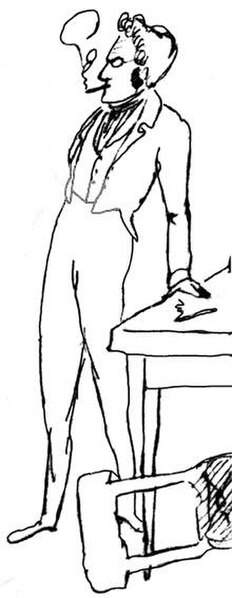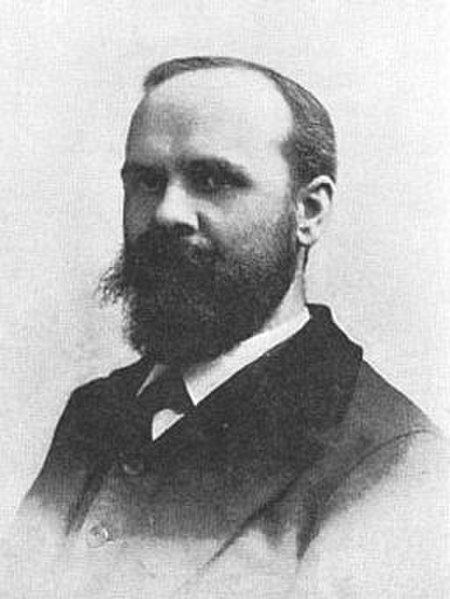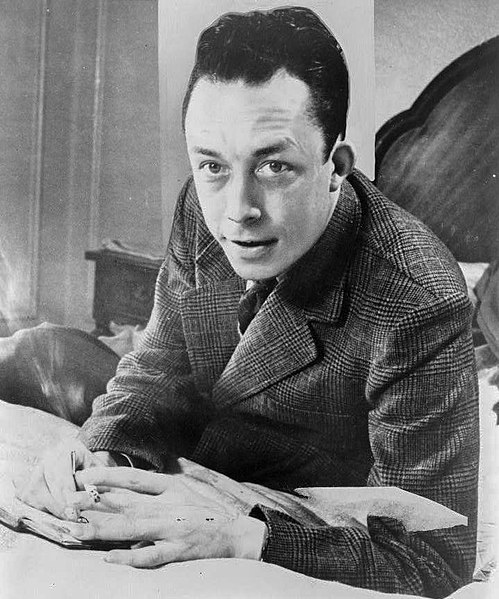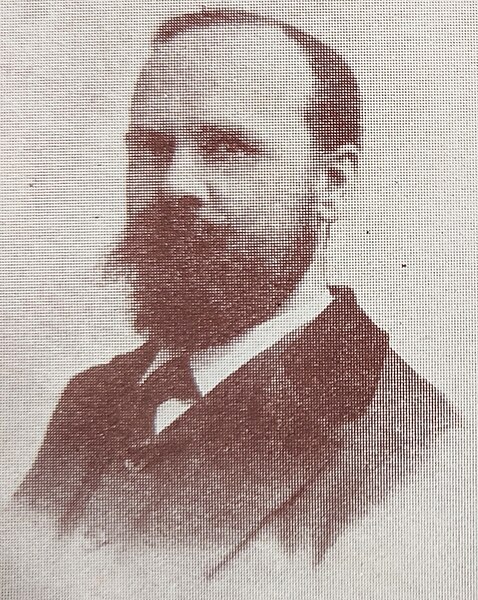Egoist anarchism or anarcho-egoism, often shortened as simply egoism, is a school of anarchist thought that originated in the philosophy of Max Stirner, a 19th-century philosopher whose "name appears with familiar regularity in historically orientated surveys of anarchist thought as one of the earliest and best known exponents of individualist anarchism". Egoist anarchism places the individual at the forefront, crafting ethical standards and actions based on this premise. It advocates personal liberation and rejects subordination, emphasizing the absolute priority of self-interest.
Portrait of Max Stirner by Friedrich Engels
Benjamin Tucker, who abandoned natural rights positions and converted to Stirner's egoist anarchism
Albert Camus, who devoted a section of The Rebel to Stirner
Johann Kaspar Schmidt, known professionally as Max Stirner, was a German post-Hegelian philosopher, dealing mainly with the Hegelian notion of social alienation and self-consciousness. Stirner is often seen as one of the forerunners of nihilism, existentialism, psychoanalytic theory, postmodernism and individualist anarchism.
Stirner's birthplace in Bayreuth
Stirner, here depicted standing, smoking and laying a hand on a table, was a member of the short-lived Young Hegelian group known as Die Freien.
Benjamin Tucker, pioneer of individualist anarchism
Caricature of Max Stirner taken from a sketch by Friedrich Engels (1820–1895) of the meetings of Die Freien






